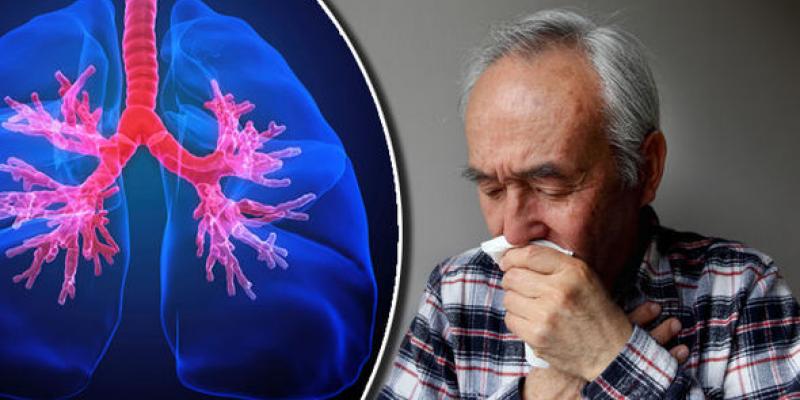July marks COPD awareness month and although Hallmark has not launched a line of cards, it still bears remembering. Chronic Obstructive Pulmonary Disease (COPD) refers to a group of lung diseases, including emphysema and chronic bronchitis, that block airflow, making it difficult to breathe. It is the 4th leading killer worldwide and affects 4% of Canadians. COPD slowly damages our airways, making them swollen and partly blocked by mucus. It also damages the tiny air sacs at the tips of our airways (called the alveoli). This makes it hard to move air in and out of the lungs.
Like many other diseases, COPD presentation changes from person to person. There are, however, some common symptoms:
- a cough that lasts a long time, or coughing up mucus;
- feeling short of breath, especially when making an effort (climbing stairs, exercising);
- persistent recurring lung infections;
- wheezing (a whistling sound when you breathe);
- feeling tired (fatigue) and/or
- losing weight without trying. (please note: this is no alternative to diet and exercise for weight loss)
The main cause of COPD in developed countries is smoking. It is also the most modifiable risk factor. In less developed countries the use of biofuel (wood, oils, dung) to cook and heat in closed quarters also contributes significantly.
At all stages of COPD, smoking cessation can show improvement in symptoms. This is particularly true early in the disease. If you are considering quitting, speak to your healthcare professional (doctor, nurse practitioner, or pharmacist) about options to increase your chances of quitting. Some pharmacists can prescribe anti-smoking medications and studies show that having a healthcare professional aid you in quitting greatly increases your chance for success!
Medications may be prescribed to help with symptoms and prevent flare-ups (brief, intense worsening of the disease). These may include inhaled medications, and tablets such as bronchodilators (which open the airways), steroids (to reduce inflammation) and antibiotics to treat infections. Another way to help prevent flare ups is to get your influenza and pneumonia vaccines regularly (and for the record, you CANNOT get the flu from a flu shot). Flu shots are available free of charge every fall from a variety of sources including your local pharmacy and pneumonia vaccines can be provided free of charge from your doctor or nurse practitioner. Take care of yourselves and each other.







